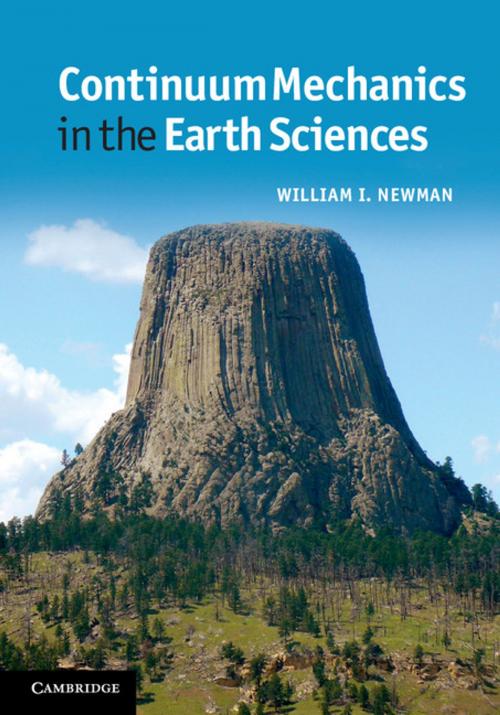Continuum Mechanics in the Earth Sciences
Nonfiction, Science & Nature, Science, Earth Sciences, Geophysics, Geology| Author: | William I. Newman | ISBN: | 9781107084810 |
| Publisher: | Cambridge University Press | Publication: | March 15, 2012 |
| Imprint: | Cambridge University Press | Language: | English |
| Author: | William I. Newman |
| ISBN: | 9781107084810 |
| Publisher: | Cambridge University Press |
| Publication: | March 15, 2012 |
| Imprint: | Cambridge University Press |
| Language: | English |
Continuum mechanics underlies many geological and geophysical phenomena, from earthquakes and faults to the fluid dynamics of the Earth. This interdisciplinary book provides geoscientists, physicists and applied mathematicians with a class-tested, accessible overview of continuum mechanics. Starting from thermodynamic principles and geometrical insights, the book surveys solid, fluid and gas dynamics. In later review chapters, it explores new aspects of the field emerging from nonlinearity and dynamical complexity and provides a brief introduction to computational modeling. Simple, yet rigorous, derivations are used to review the essential mathematics. The author emphasizes the full three-dimensional geometries of real-world examples, enabling students to apply this in deconstructing solid earth and planet-related problems. Problem sets and worked examples are provided, making this a practical resource for graduate students in geophysics, planetary physics and geology and a beneficial tool for professional scientists seeking a better understanding of the mathematics and physics within Earth sciences.
Continuum mechanics underlies many geological and geophysical phenomena, from earthquakes and faults to the fluid dynamics of the Earth. This interdisciplinary book provides geoscientists, physicists and applied mathematicians with a class-tested, accessible overview of continuum mechanics. Starting from thermodynamic principles and geometrical insights, the book surveys solid, fluid and gas dynamics. In later review chapters, it explores new aspects of the field emerging from nonlinearity and dynamical complexity and provides a brief introduction to computational modeling. Simple, yet rigorous, derivations are used to review the essential mathematics. The author emphasizes the full three-dimensional geometries of real-world examples, enabling students to apply this in deconstructing solid earth and planet-related problems. Problem sets and worked examples are provided, making this a practical resource for graduate students in geophysics, planetary physics and geology and a beneficial tool for professional scientists seeking a better understanding of the mathematics and physics within Earth sciences.















